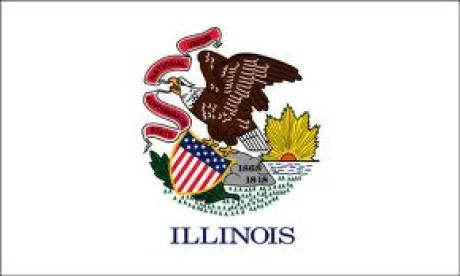On September 19, 2011, the charitable status and tax treatment of not-for-profit hospitals came to a head in Illinois. One month after the Illinois Department of Revenue denied property tax exempt status to three not-for-profit hospitals, Illinois Governor Pat Quinn ordered state officials to a standstill and called upon state officials and keys stakeholders to seek compromise and reasonable solutions about charity care requirements for not-for-profit hospitals. Governor Quinn stated in his September 19 letter to the president of the Illinois Hospital Association, MaryJane Wurth, that “[t]he uncertainty in this area of law, if left unresolved, will serve only to distract from the important work that must go forward to transform … [the Illinois] health care system.”
Illinois is not unique in its struggle to delineate charity care requirements in this context. The changes in the health care arena over the past half-century or so – the arrival of Medicare and Medicaid in 1965, the rise in private health insurance and the adoption of business-like models in modern hospitals all as strong examples – have blurred the lines between not-for-profit hospitals and their for-profit counterparts. As such, the charitable nature of not-for-profit hospitals, along with the right of such hospitals to receive property tax exempt status, has been a point of contention nationwide for several decades. Moreover, the nation’s economic climate will force this issue to the forefront of many state agendas, as it did in Illinois.
The Illinois Department of Revenue and Illinois Attorney General’s Office, along with key stakeholders such as the Illinois Hospital Association, have agreed to engage in cooperative dialogue on the issue of charity care requirements for not-for-profit hospitals. However, in the meantime, the Illinois Department of Revenue is in a moratorium, unable to deny tax exempt status to not-for-profit hospitals.




 />i
/>i

